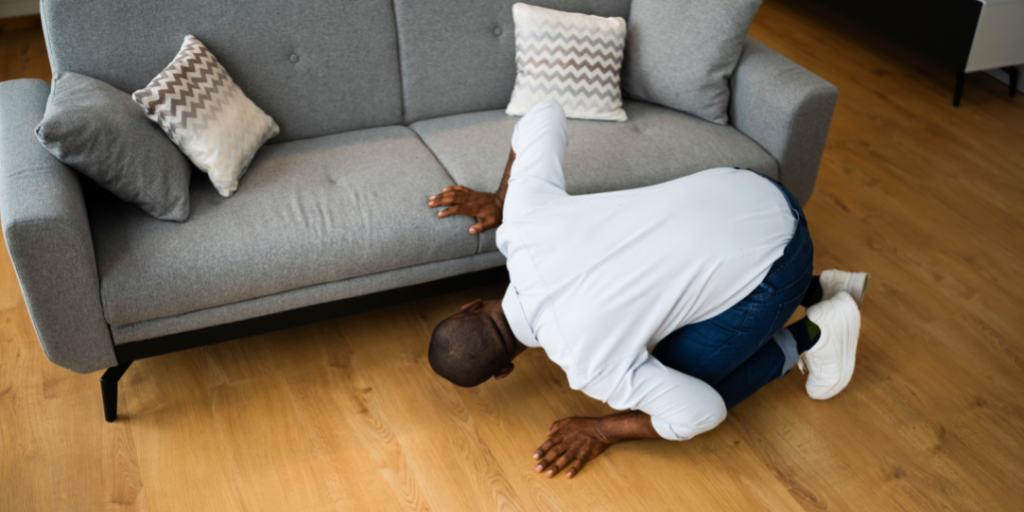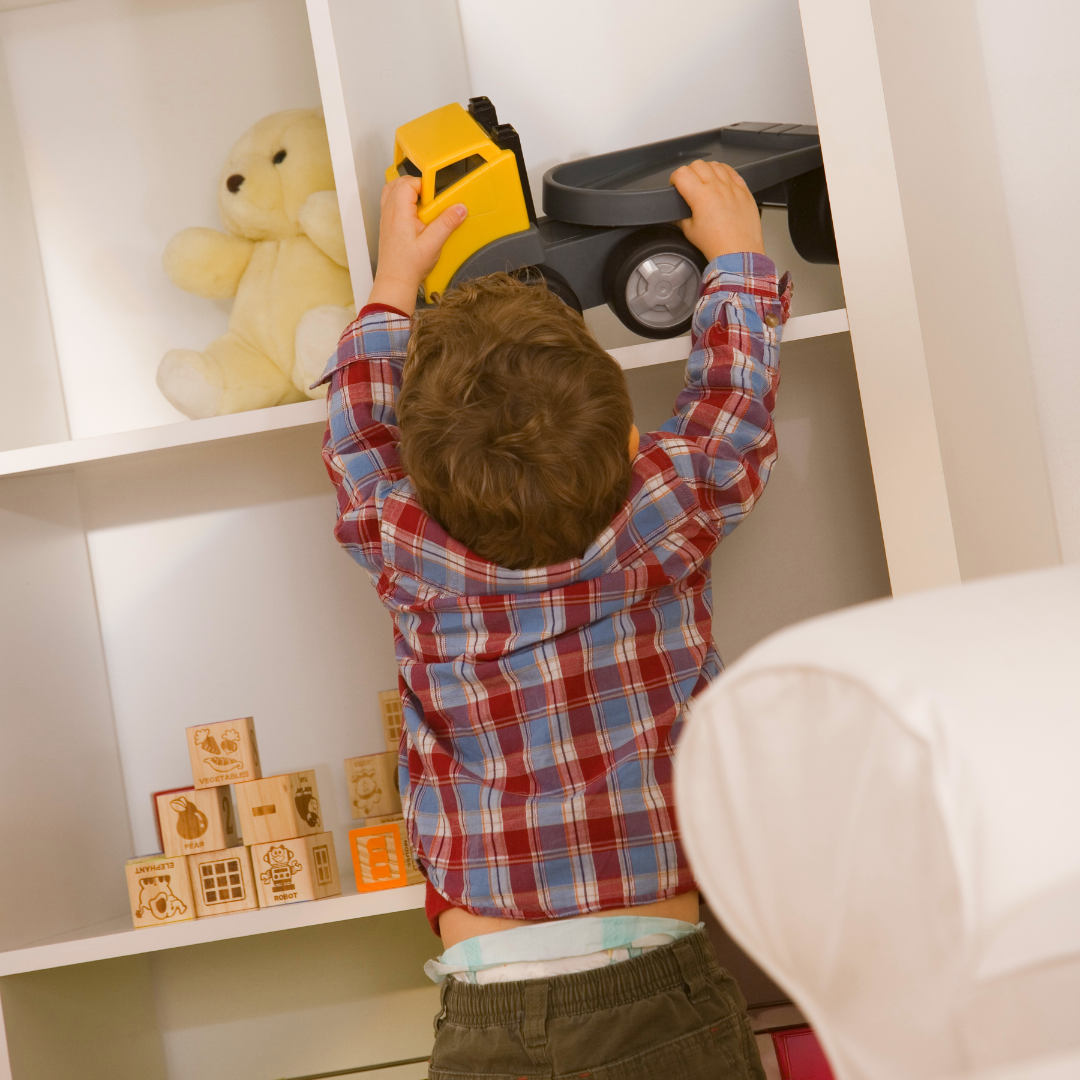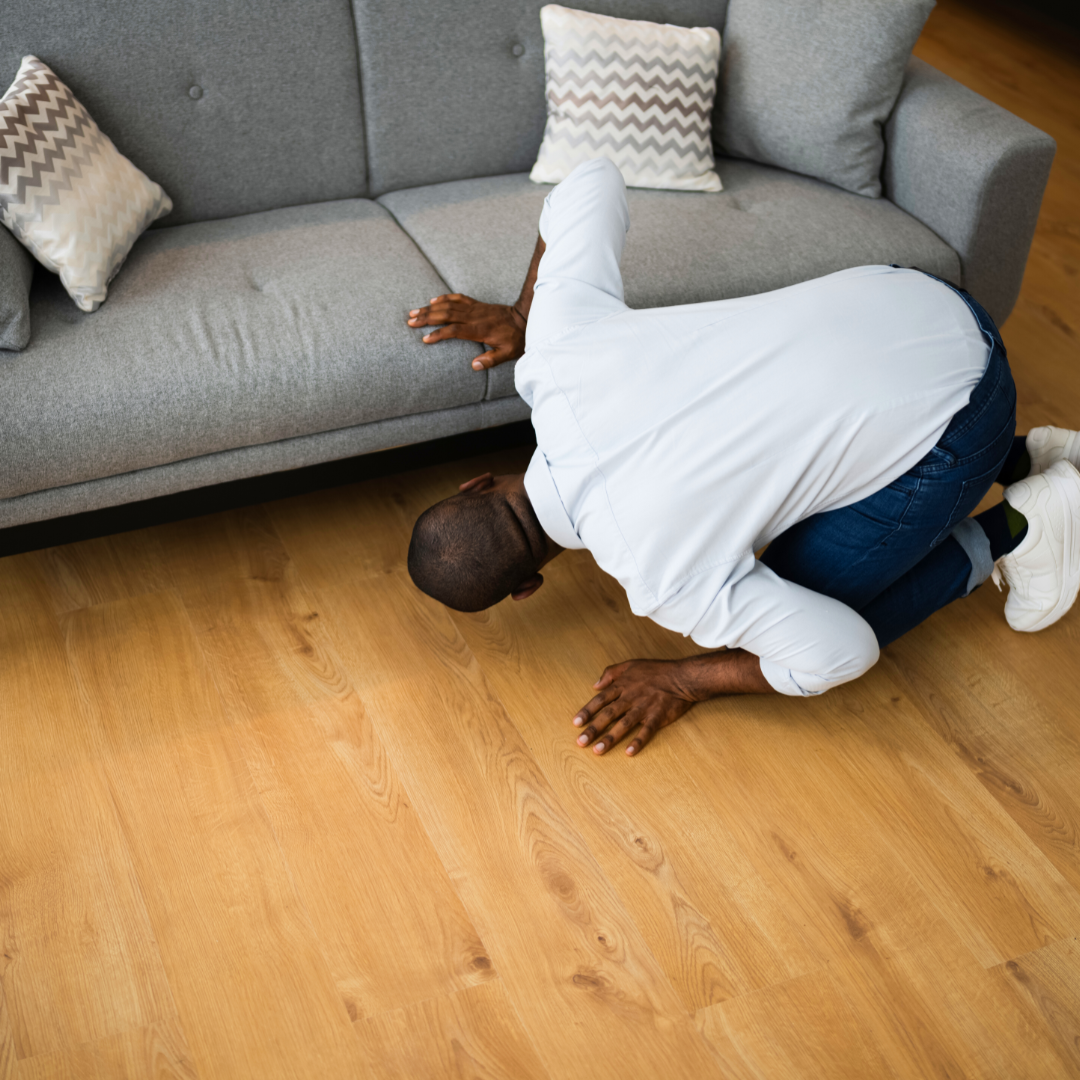
Rachel Watkins explores the down side to being keeper of all lost items and shares three parenting tips to help children learn to look for their own stuff.
“Mom, where is ___?”
“Honey, do you know where ___ is?”
Do these questions ring in your ears as they do in mine? I have laughing told my family that while I appreciate their belief in me as know-all, see-all omnipotent being, I’m not. But such is the role of being a mom. You often do know where everything is, as you are the who usually oversees the comings/goings of the house. You also may know because women (in general) have an eye for details. We see each of the trees in the forest and we know where the tape is, the signed permission slip, the missing wallet and more.
However, the down side to be keeper of all the lost items can be exhausting. More than once, I have replied another “where is?” question with a terse, “How am I supposed to know?”
Not a good parenting moment.
In trying to reduce the number of questions asked in any given day to really essential questions, I’ve worked on teaching myself, my children, and sometimes my spouse a few important habits to reduce the number of lost items. As a result, three rose to the top.
First and foremost is the familiar and therefore important "a place for everything and everything in its place." We have a silver pan on the fireplace with a nearby set of hooks for wallets and keys. There’s a bench right there as well for purses and book bags. We have a drawer in the kitchen for regularly needed items such as the aforementioned tape, along with scissors, etc. I’ve hung a small clothesline near the family calendar for important papers, stamps and church bulletin.
In other words, I took note of the regularly misplaced and asked for items in my family and created a central location for these vital pieces of life. We had to teach ourselves to put them there every day or after every use, but before too long the habit was built. Do you need a basket by the door for shoes? A specific location in the garage for sports equipment? While each family has a unique list of often misplaced items, every family needs a house hub or command center for their important stuff.

Second, before immediately answering these questions, I will ask if they know where it might be. Using the Thomist approach of answering a question with a question is an attempt to teach my family to think a bit before asking Mom. Resisting the urge to be snarky, I will gently reply with my own question. Where do they think it might be? Have they looked for themselves or just relying on Mom to be the know-it-all? Do they remember where they put it? When did they see it last?
I have found that my kids often ask me as an easy out rather than taking responsibility for putting their things away or taking a moment to look on their own. Once I’ve seen them try to solve the problem, I’ll happily offer my assistance (bringing in St. Jude when needed).
Finally, develop a routine of keeping clutter at bay. This detail is harder when your children are still young but as they grow older ensuring everyone has a chore appropriate to their age/skill level develops overall responsibility. When everyone is helping, including Mom and Dad, a team attitude is developed in keeping the house organized and tidy which reduces the likelihood of things lost or misplaced. And, while we can think chores are just done during the day, taking time before going to bed for another quick tidy and gathering everything you need for the next day greatly reduces morning madness and stress.
While knowing where everything is might be seen as one of those weird mom superpowers such as healing a boo-boo with a kiss and cookie, it can lead to laziness on everyone’s part. You might revel in being the all-seeing mom, but we want to make sure we are modeling and teaching good habits and responsibility.
Our God is a God of order, as taught from the moment of Creation through Jesus’ lessons given in Luke 14. In the midst of sayings on carrying our cross and a dinner party, He tells about both a farmer and a general who approach their endeavors carefully and thoroughly so as not to fail. We need to strive to do the same in running our homes and let God be the only omniscient being our kids rely on.

Copyright 2022 Rachel Watkins
Images: Canva
About the Author

Rachel Watkins
Wife of Matt for 36 years and mom to 11, Rachel is the creator/developer of The Little Flowers Girls' Club. She is a weekly contributor to Dr. Greg and Lisa Popcak's radio program, More2Life on EWTN radio. She has also been a homeschooler for over 25 years and has dealt with multiple sclerosis as a chronic illness for a bit longer.


.png?width=1806&height=731&name=CatholicMom_hcfm_logo1_pos_871c_2728c%20(002).png)
Comments